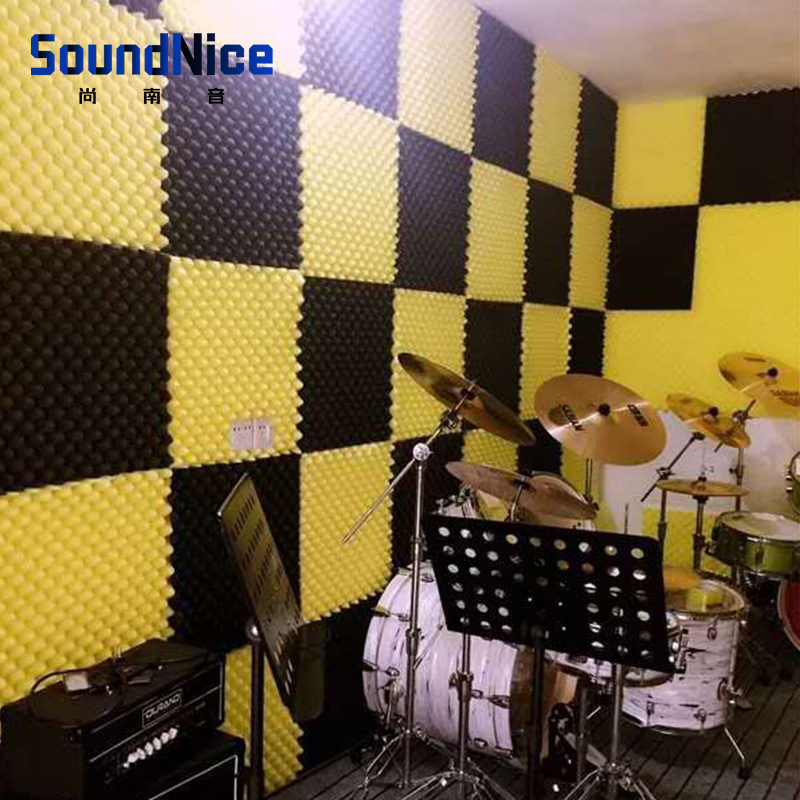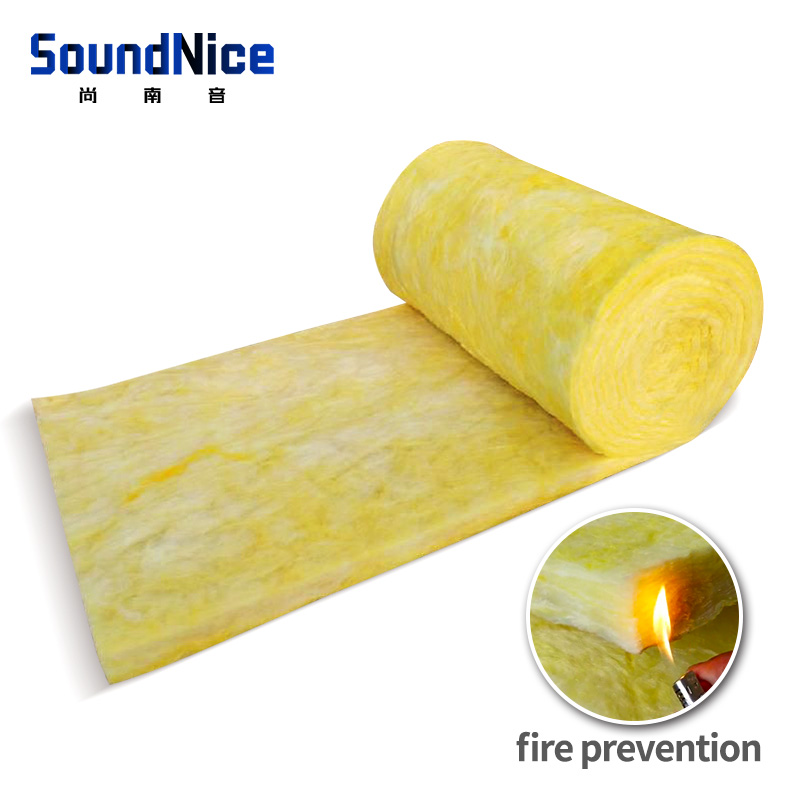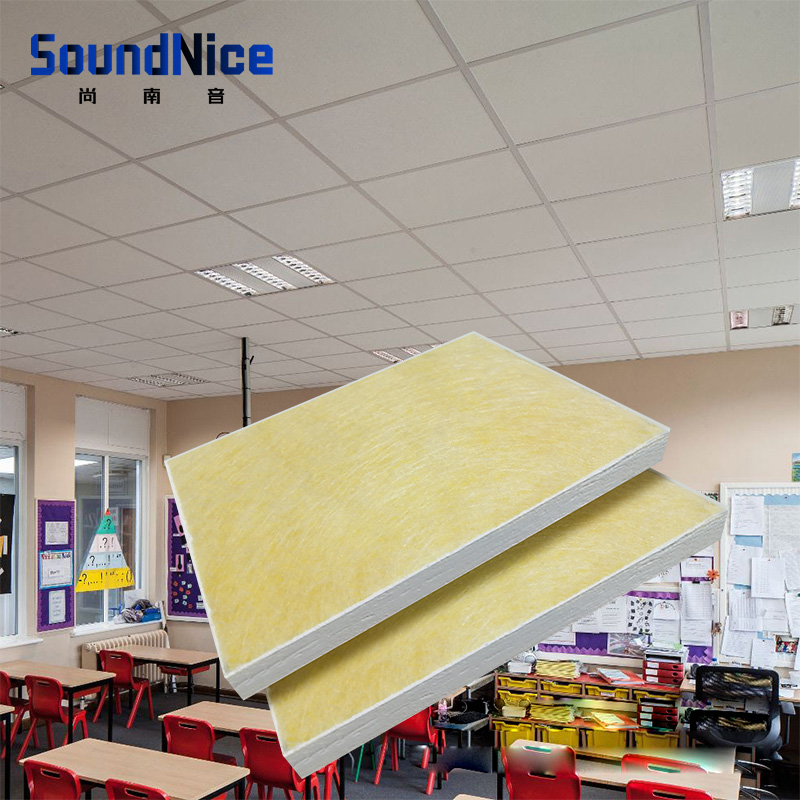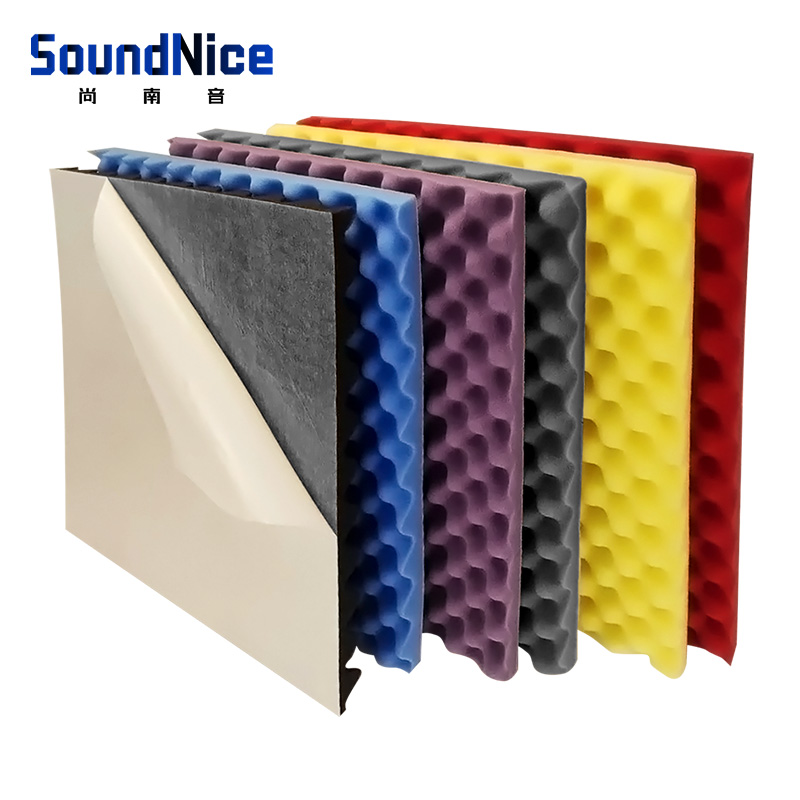
Best Insulation for Soundproofing: Achieving Peace and Quiet
When it comes to creating a tranquil and noise-free environment, finding the best insulation for soundproofing is crucial. Unwanted noise can disrupt our daily lives, affect our sleep quality, and hinder productivity.
Whether you're dealing with noisy neighbors, street traffic, or internal sound transmission, effective insulation can significantly reduce and even eliminate unwanted noise. In this comprehensive guide, we will explore the various types of insulation available and help you choose the best solution for your soundproofing needs.
Understanding the Importance of Soundproofing
Living in a bustling city or a busy neighborhood can expose us to constant noise pollution. This can lead to increased stress levels, difficulty concentrating, and even health issues. Therefore, investing in soundproofing measures becomes essential for our overall well-being. The right insulation not only helps to minimize sound transmission but also contributes to energy efficiency and temperature control within our living spaces.
1. Fiberglass Insulation: A Popular Choice
Fiberglass insulation is one of the most widely used and cost-effective options for soundproofing. It consists of glass fibers that trap air pockets, providing excellent thermal and acoustic insulation properties. Fiberglass insulation is easy to install, and its sound-absorbing qualities make it an ideal choice for reducing airborne noise.
2. Mass Loaded Vinyl (MLV): A Heavyweight Contender
Mass Loaded Vinyl (MLV) is a dense and flexible material that effectively blocks sound transmission. It is a popular choice for soundproofing walls, ceilings, and floors, offering excellent noise reduction properties. MLV is often used in combination with other insulation materials to enhance soundproofing capabilities.
3. Mineral Wool Insulation: Excellent Sound Absorption
Mineral wool insulation, made from rock or slag fibers, offers exceptional sound absorption capabilities. As one of the best insulation for soundproofing, it effectively reduces both airborne and impact noise, making it suitable for soundproofing walls, floors, and ceilings. Mineral wool insulation is also fire-resistant and provides excellent thermal insulation.
4. Soundproof Drywall: Enhanced Noise Reduction
Soundproof drywall, also known as acoustic drywall, incorporates sound-damping layers that significantly reduce noise transmission. It is denser and thicker than regular drywall, providing superior sound insulation. Soundproof drywall can be used in new construction or as an upgrade to existing walls, offering enhanced noise reduction benefits.
5. Acoustic Foam Panels: Aesthetic and Effective
Acoustic foam panels are designed specifically for soundproofing applications. They are made from open-cell polyurethane foam and are known for their sound-absorbing properties. These panels are commonly used in recording studios, home theaters, and noisy commercial environments. Acoustic foam panels come in various shapes and designs, allowing for both functional and aesthetic soundproofing solutions.
6. Green Glue: The Noise-dampening Agent
Green Glue is a viscoelastic compound that converts sound energy into heat. It is commonly used in sandwich constructions between layers of drywall or other building materials. Green Glue effectively reduces sound transmission by absorbing and dissipating vibrations. It is an excellent choice for soundproofing walls, ceilings, and floors.
Conclusion
Achieving peace and quiet in our living spaces is vital for our well-being and productivity. Selecting the best insulation for soundproofing is a significant step toward creating a serene environment free from unwanted noise.
Consider factors such as the type of noise you want to reduce, the installation process, and your budget when making your decision. By investing in high-quality soundproofing insulation, you can transform your home or office into a peaceful oasis, shielding yourself from the clamor of the outside world.











Leave a comment